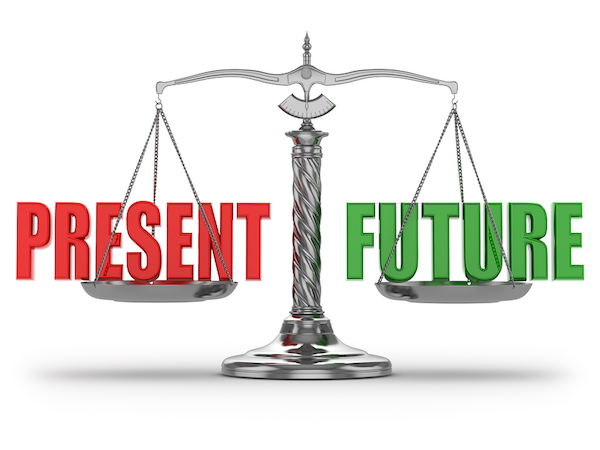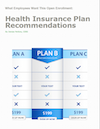Reform High Deductible Health Plans Now

Last week I saw another headline calling the 401(k) retirement plan a failed experiment. I don’t agree with this conclusion for several reasons. First, the 401(k) retirement plan was never an experiment. It was never intended to be the primary retirement program for private sector employers. Second, it’s hugely successful for a large number of individuals and the financial industry. Third, it places a spotlight on retirement savings—an issue that was largely ignored for decades.
That article was not the first I read declaring 401(k)s a failure. Highlighting the many deficiencies of 401(k) plans is a full-time job for some and they have been sounding the alarm for years. And I for one am glad they do. The 401(k) plan in its current form is, never was, and never will be THE retirement plan this country needs. It’s risky, costly, and too complicated for universal use.
Fortunately, addressing the shortcomings of 401(k) plans is in vogue right now. Proposals, legislation and regulations addressing plan fees, outcomes, and access abound. And right there in the middle of this fight for a more perfect retirement plan option is the Obama administration.
So I can’t help but think it is hypocritical or naïve of the White House to not have the same misgivings about high deductible health plans (HDHP) as it does about 401(k) plans. Sure, we are dealing with a different product and industry, but there are similarities.
The Future of Workplace Employee Benefits - The One Option Plan

There are many likable features of workplace defined contribution retirement plans like the 401(k) plan. Employees can take the plan with them when they leave their employer. They can make their own investment choices. And they can enjoy the benefits of market highs. But as the 2008 Great Recession highlighted these plans have many negative components. However these negative features are accepted because most workers will never experience an alternative.
According to the Small Business Administration (SBA), more than 70% of small businesses do not offer a workplace retirement plan to workers. Of those that do offer a plan, 75% of workers participate in a 401(k) style plan. On the other hand, nearly all large firms sponsor a retirement plan. And like small firms, the plans they offer are mostly 401(k) style plans. As reported in a recent Towers Watson survey, only 7% of large firms offer traditional defined benefit pension plans to new hires. Consequently, there is a generation of workers who will never have an opportunity to participate in a traditional pension plan. The 401(k) plan is increasingly their only option.
But it is not just retirement plan options that employers are narrowing. Workplace health insurance options are decreasing as well. Even while employers are exploring private exchanges to give employees more health plan choices, these plans are usually high deductible health plans (HDHPs). And like 401(k) style retirement plans, HDHPs have some attractive features and some negative features.
The Future May Not Be So Bright
The negative aspects of 401(k) style retirement plans include high fees Continue Reading...


 Denise Perkins
Denise Perkins




